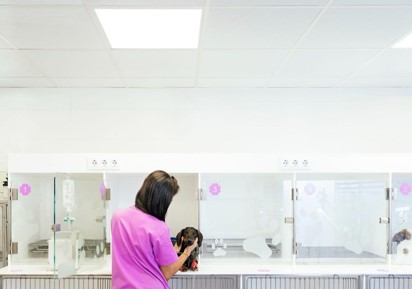In the tapestry of global health, there’s an essential thread often overlooked: the role of veterinarians. Their expertise extends beyond the care of pets and animals. They are, in fact, integral players in safeguarding public health, food security, and ecosystem balance. In this interconnected world, the importance of cross-border collaboration among veterinarians cannot be overstated.
Veterinarians and One Health:
A foundation to understand the role of veterinarians in global health is the concept of “One Health.” This is an integrative effort of multiple disciplines working locally, nationally, and globally to attain optimal health for people, animals, and the environment. Veterinarians are at the forefront of this approach.
Zoonotic Diseases – A Shared Battle:
One of the paramount contributions veterinarians make to global health is in the control and prevention of zoonotic diseases – illnesses transmitted between animals and humans. With over 60% of known infectious diseases in humans being zoonotic, veterinarians are critical in identifying, containing, and preventing these diseases. In an increasingly connected world, diseases know no borders. Cross-border collaboration allows for the sharing of information, research, and resources, making the fight against zoonotic diseases more effective.
Food Safety and Security:
Another dimension of the veterinarian’s role is ensuring food safety and security. They oversee the health of livestock, ensuring that the meat and dairy products are free from diseases. In an era of global trade, food products often cross borders. Veterinarians working collaboratively across nations ensure that food safety standards are met internationally, preventing the spread of foodborne illnesses.
Biodiversity and Ecosystem Health:
The health of animals is intricately linked with the health of ecosystems. Veterinarians play a key role in conservation efforts, helping to maintain biodiversity. Cross-border collaboration is especially vital here, as ecosystems extend beyond national boundaries. Joint efforts in wildlife management, habitat preservation, and disease control are essential in maintaining the earth’s biodiversity.
Facilitating Collaboration:
So, how do we facilitate and strengthen cross-border collaboration among veterinarians? Investing in international veterinary programs, encouraging the exchange of research and knowledge, and forming cross-border veterinary networks are good starting points. Additionally, international regulatory bodies need to recognize and highlight the role of veterinarians in global health.
In Conclusion:
Veterinarians are the unsung guardians of global health. Their expertise is not confined to animal health but spans human health, food security, and environmental protection. Cross-border collaboration among veterinarians is not just beneficial – it is essential. Through combined efforts, the veterinary community can build a healthier, safer, and more sustainable world for all.










